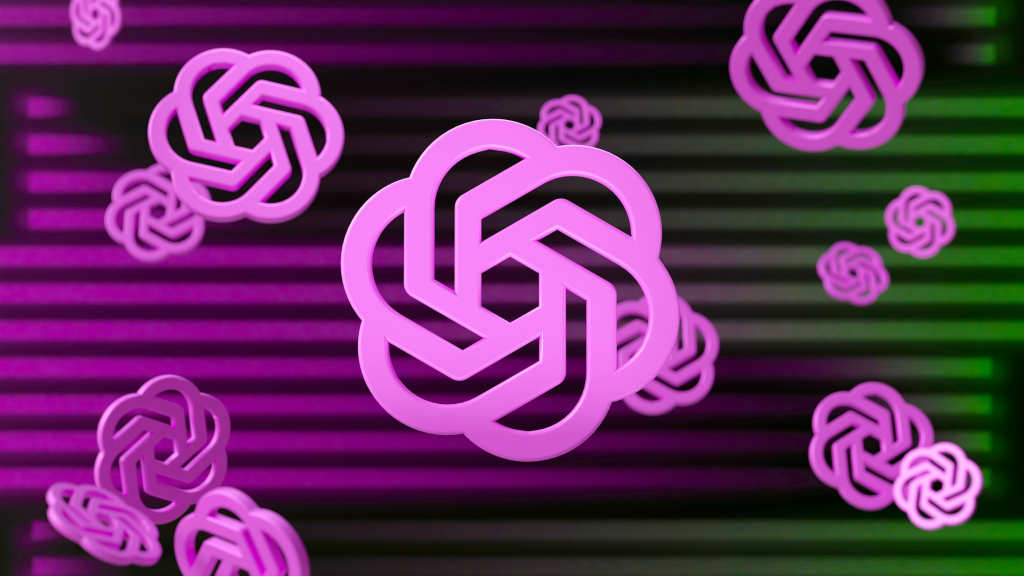In a post on his personal blog, OpenAI CEO Sam Altman said that he believes OpenAI “know[s] how to build [artificial general intelligence]” as the company has traditionally understood it, and is beginning to turn its aim to “superintelligence.”
“We love our current products, but we are here for the glorious future,” Altman wrote in the post. “Superintelligent tools could massively accelerate scientific discovery and innovation well beyond what we are capable of doing on our own, and in turn massively increase abundance and prosperity.”
Altman previously said that superintelligence could be “a few thousand days” away, and that its arrival would be “more intense than people think.”
AGI, or artificial general intelligence, is a nebulous term, but OpenAI has its own definition: “highly autonomous systems that outperform humans at most economically valuable work.” OpenAI and Microsoft, the startup’s close collaborator and investor, also have a definition of AGI: AI systems that can generate at least $100 billion in profits. When OpenAI achieves this, Microsoft will lose access to its technology, per an agreement between the two companies.
So which definition might Altman be referring to? He didn’t specify, but the former seems likeliest. Altman wrote that he thinks AI agents — AI systems that can perform certain tasks autonomously — may “join the workforce,” in a manner of speaking, and “materially change the output of companies” this year.
“We continue to believe that iteratively putting great tools in the hands of people leads to great, broadly-distributed outcomes,” he wrote.
That’s possible, but it’s also true that today’s AI technology is significantly limited. It hallucinates, for one; it makes mistakes obvious to any human; and it can be very expensive.
Altman seems confident all this can be overcome — and quickly. Still, if there’s anything we’ve learned about AI from the past few years, it’s that timelines can shift.
“We’re pretty confident that in the next few years, everyone will see what we see, and that the need to act with great care, while still maximizing broad benefit and empowerment, is so important,” Altman wrote. “Given the possibilities of our work, OpenAI cannot be a normal company. How lucky and humbling it is to be able to play a role in this work.”
One would hope that as OpenAI telegraphs its shift in focus to what it considers to be superintelligence, the company would devote sufficient resources to ensuring superintelligent systems behave safely.



